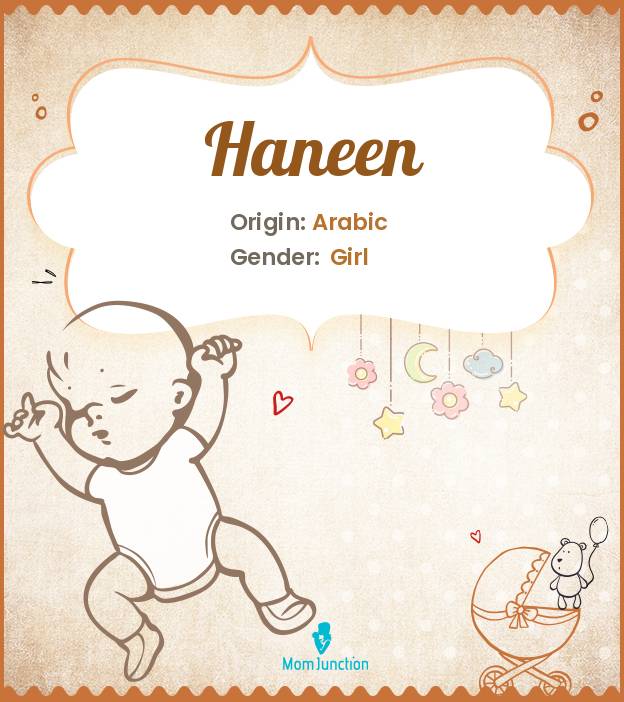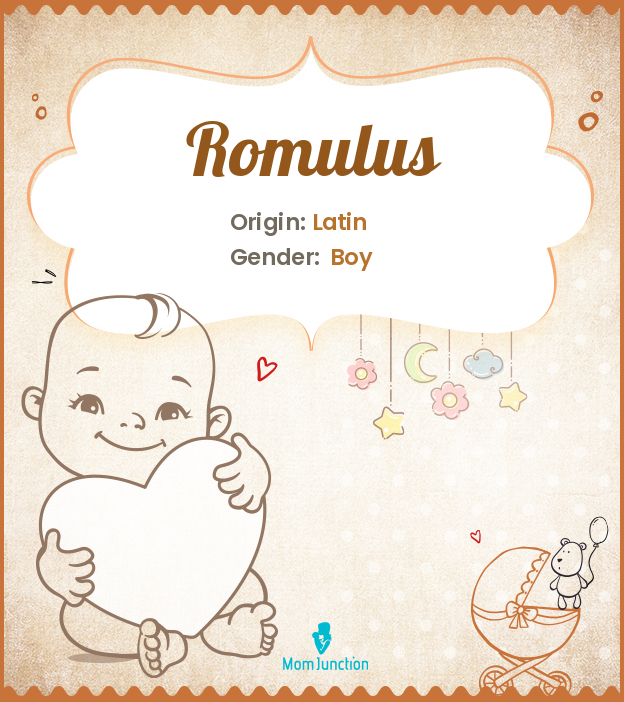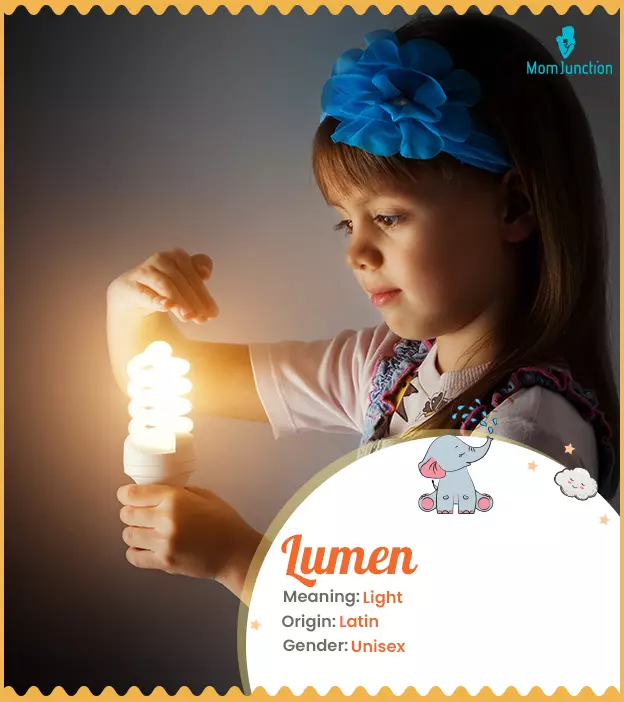
Image: Shutterstock

How to pick a last name for your baby? The question may be surprising because, while expectant parents put a lot of time into first names, last names are seldom discussed. However, in recent years, parents are making an effort to make the last name of their children more inclusive. Including the last names of both parents is becoming a popular trend. It’s more than just a name; it’s a way to honor customs and family history. When choosing a last name for their child, parents have begun to include their personal preferences. Let’s look at a number of ways to choose a fitting last name for your child in this post.
Key Pointers
- There are various ways to choose a baby’s surname; it does not always have to be the father’s family name.
- Last names can be a way to honor one’s culture, tradition, and family ties.
- Unique last names offer more flexibility and scope for individuality.
How To Choose Your Baby’s Last Name?
Choosing a last name for your baby is a personal decision, which is usually influenced by various factors such as family traditions and cultural norms. Here are a few popular approaches to keep in mind.
1. Using the father’s last name
The traditional method entails naming the child after the father. It is a widespread practice across numerous countries and cultures. Also, a reflection of the patrilineal system in which the father’s side of the family is used to track ancestry. Making this decision keeps the family name intact.
 Did you know?
Did you know?2. Using the mother’s last name
Families who use a matrilineal system use the mother’s last name for the child. This approach is also used when the mother’s last name has a special meaning. When the family chooses to honor the mother’s side of the family, her last name is used. It ensures her surname remains through the future generations.
 Did you know?
Did you know?3. Using a hyphenated last name
Considering using two surnames? Know the history behind such last names.
- A trend that started in Britain, hyphenated or double-barreled last names are now taking over the world. In the beginning, hyphenated names were heritable among the British to preserve the family name in cases where there were no male descendants. Some examples of such surnames are Harding-Rolls and Spencer-Churchill.
- In recent years, parents prefer adding both their last names since it supports gender equality and celebrates the value of mother and father equally. For instance, if the paternal surname is Smith and the maternal surname is Jones, the baby’s last name would be Smith-Jones or Jones-Smith.
- Using both surnames is not only a matter of preference but also a cultural norm in some cultures. For instance, Spaniards follow the tradition of using the father’s paternal family name followed by the mother’s paternal family name. Meanwhile, Portuguese people use the mother’s family name followed by the father’s family name (1).
- Using the patronymic after the family name is another noteworthy trend with hyphenated surnames. Certain cultures such as Greek and Bulgarian adopt this strategy.
4. Using a last name as the first or middle name
Using last names as first names or middle names for the baby is another recent trend catching on quickly. It is a beautiful approach to pay respect to ancestors or family members without using their name as a surname. For instance, if the mother’s family name is Parker, but the family now uses the father’s surname, Parker can be used as a first or middle name for the baby. This way, the family customs are honored while honoring the mother’s maiden name.
 Did you know?
Did you know?5. Using a brand-new surname
A novel choice for new parents is to give their child a brand-new surname. Either the last names of both parents can be combined or it can be made from scratch. It can also be influenced by personal preferences, so some may decide to choose a cool last name. This method of choosing a baby’s final name permits originality and flexibility. It can result in a distinctive and meaningful last name that the child will own.
Legal Considerations When Considering A Last Name
Picking a last name for your baby is the first step. Once you have finalized a name, you have to get it documented legally. Every country and state may have specific regulations regarding last names. For instance, in the US, you need to inform the SSA about the name change and the other organizations can take your information from there (2). Make sure you are aware of the rules before you register your chosen last name. You may check the local laws to ensure the last name of your choice complies with the legal requirements of your region.
Choosing a last name for your baby is a personal decision. It reflects your family values, traditions, and identity. Whether you choose a traditional approach, the mother’s name, a hyphenated name, or create a new surname, the most important thing is that the name feels right for your family. Take your time and discuss options among the family. Consider the options that will best honor your culture and traditions. Remember that the last name you choose will become a part of your child’s identity and will carry the thoughtfulness and love you put into the process of making this decision.
Discover More Names
When you have to choose a name for your baby, a few hundreds of names may not be just enough. Keep digging our mine of baby names until you find that one precious gem.
Frequently Asked Questions
1. What implications might the chosen last name have for our child’s future?
Last names can give your child a sense of belonging and a unique identity. They serve multiple purposes, from specifying the family and tradition to which one belongs to hinting at the religion one practices. Last names also help differentiate individuals with common first names in legal documents and might be necessary during administrative and legal work. Therefore, surnames can have significant implications for a child’s future.
2. Should I consider the meaning or symbolism while choosing a last name?
Many factors, including culture, tradition, occupation, and sometimes even the parent’s name, play a role in how a last name comes to be. Consequently, it can have many meanings. Some of these may align with your values, while others may not. Thus, it is important to consider the symbolism behind a last name to ensure it is appropriate for your child.
3. Is there a timeline for choosing a last name for a baby?
No, there is no particular timeline for choosing a last name for a baby. However, deciding on a name before the baby’s birth can eliminate the hassle and paperwork required for future name changes.
4. Should I consider the length of the last name?
There are no legal rules around how long or short a last name can be. However, a name of manageable length may be easier to spell and pronounce.
Infographic: Why You May Opt For A Hyphenated Surname?
A lot of thought and time goes into selecting a baby’s first, middle, and last names, as every detail needs to be perfect. For new parents, this task can often feel overwhelming. One way to simplify this process is by opting for a hyphenated surname. Check out the infographic below to learn some benefits of choosing a hyphenated surname for your child.
Some thing wrong with infographic shortcode. please verify shortcode syntaxReferences
- A Guide To Names And Naming Practices.
https://www.fbiic.gov/public/2008/nov/Naming_practice_guide_UK_2006.pdf - How to change your name and what government agencies to notify.
https://www.usa.gov/name-change
Top Tips for Choosing Your Perfect Last Name
Watch our video guide to picking a meaningful last name, with tips on tradition, legal steps, and creative options. Start choosing your perfect name today!
Community Experiences
Join the conversation and become a part of our nurturing community! Share your stories, experiences, and insights to connect with fellow parents.
Read full bio of Nisha Bharatan
Read full bio of Shikha Thakur
Read full bio of Reshmi Das















